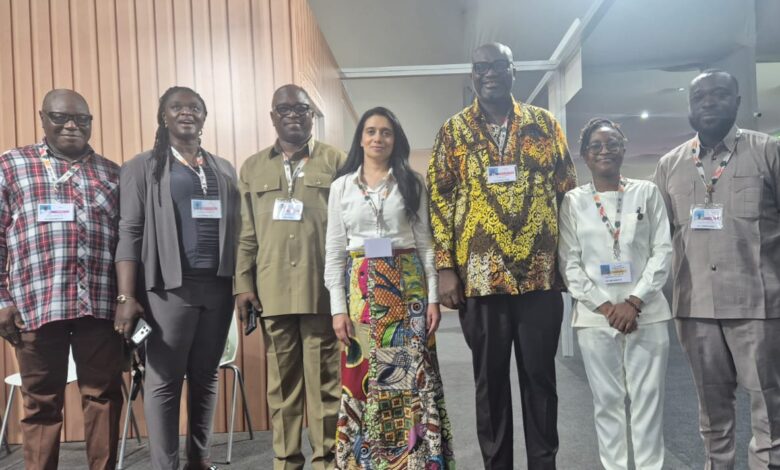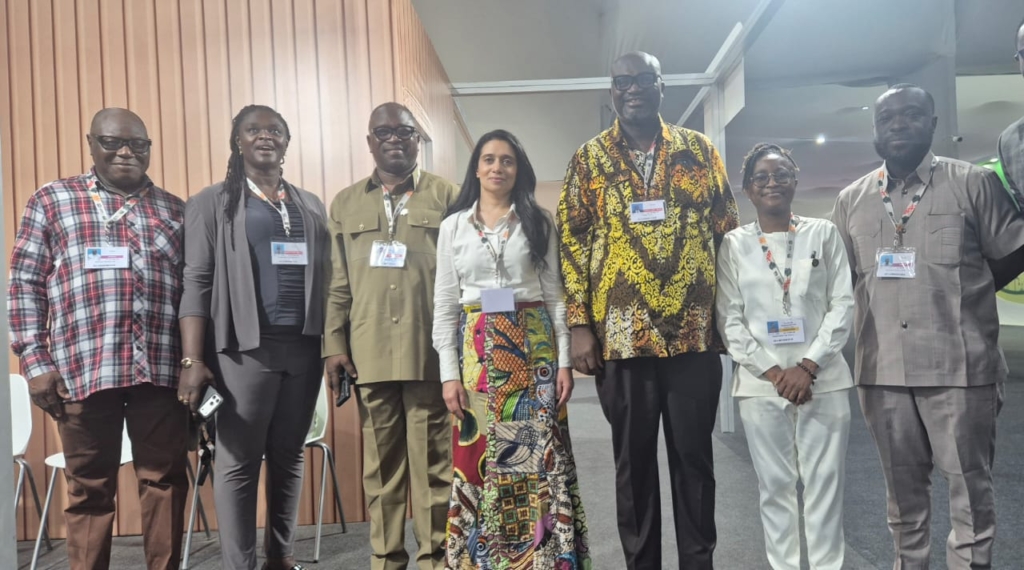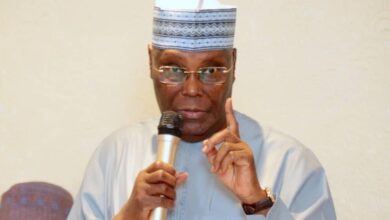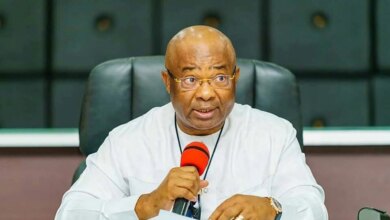COP30: Ghana demands fair “Just Transition,” rejects uniform carbon taxes under new Carbon Adjustment Mitigation Mechanism


Ghana’s negotiators at COP30 are calling for fairness in the global “Just Transition” talks, warning against applying proposed carbon levies and climate-related taxes under the Carbon Adjustment Mitigation Mechanism (CAMM) uniformly across all nations.
They argue that such measures, if not designed equitably, could penalize low-emission and vulnerable economies like Ghana’s.
At COP30, negotiators are advancing a comprehensive Just Transition framework aimed at ensuring that the global shift from fossil-fuel-based economies to low-carbon, sustainable growth is fair and inclusive. Central to this plan is the proposed Belém Action Mechanism (BAM) a global support platform to mobilize finance, technical assistance, and capacity-building for developing countries.
The mechanism seeks to place workers, communities, informal sectors, and marginalized groups at the heart of the transition while removing barriers such as debt burdens, trade restrictions, and infrastructure deficits that slow equitable transformation.
Implementation is expected through national and subnational plans aligned with global goals, supported by transparent monitoring, job creation, reskilling programs, industrial diversification, clean-energy access, and livelihood protection.
However, Ghana’s Director of Environment at the Ministry of Environment, Science, Technology and Innovation (MESTI), Dr. Peter Dery, cautions that Africa’s low-emission economies deserve special consideration to prevent new “transition taxes” from undermining development. He insists the shift to cleaner energy must remain equitable and “truly just” for Africa.
“We are pushing strongly at this COP30 on just transition because of the unilateral actions being taken by the developed world,” Dr. Dery told JoyNews in an interview. “For example, we have what [is called] the Carbon Adjustment Mitigation Mechanism which is going to put some taxes on certain products coming from developing countries simply because those products are seen as ones that have led to some emissions that have been generated.”
According to him, “This will not be very fair to us. For example, our cocoa could be affected, rubber could be affected, and some other important primary resources could be affected, and that can affect our economy. So we are saying that the transition must be just.”
Dr. Dery further explained, “If you look at countries like Ghana where we have just discovered oil, if we are going to transition and that transition is going to be very sharp, it means that we need to allow our natural resources that have been discovered to remain in the ground. That is what we call stranded assets. The question is, who pays for the opportunity cost of the stranded assets which remain in the ground?.”
He maintains that the transition must be implemented fairly to ensure developing countries do not suffer adverse economic impacts simply because the world has chosen to move rapidly from fossil energy to renewables.
“So we are saying that the transition should be just. We should consider the economies of all these developing and vulnerable countries and make certain special cases so that we are not disadvantaged by the actions the developed world is taking.”
Beyond the Just Transition debate, Dr. Dery revealed that African negotiators at COP30 are also pressing for increased adaptation financing.
The Adaptation Fund, established under the Kyoto Protocol in 2001 and fully operational since 2009, has so far committed over US$1 billion toward more than 160 projects in 70 countries. Its impact includes enhancing ecosystem resilience, strengthening early-warning systems, building adaptive capacity in vulnerable communities, and providing direct access to national entities in developing nations.
Dr. Dery emphasized the urgency of scaling up adaptation support. “Climate financing covers both adaptation and mitigation. We are saying that we should shift more resources towards adaptation because adaptation is now, and mitigation is about the future. We are bearing the brunt of the problem, and so we need to solve the problem; that’s why we are saying that more resources must be pushed towards adaptation now.”
At COP30, negotiators are expected to finalize a new global goal on adaptation finance that will compel developed countries to increase funding to vulnerable nations beyond 2025.
Expected outcomes include adopting measurable indicators under the Global Goal on Adaptation (GGA) for better accountability and directing more funds to local and community-based projects for real impact on the ground.
Delegates are also pushing for innovative financing tools, including blended public-private funds, debt relief, and concessional loans to close the widening adaptation finance gap, now estimated at over $200 billion annually.
Crucially, COP30 is anticipated to reaffirm differentiated treatment for low-emission, climate-vulnerable economies such as those in Africa ensuring that the global transition remains fair, inclusive, and genuinely just for the nations least responsible yet most affected by climate change.
DISCLAIMER: The Views, Comments, Opinions, Contributions and Statements made by Readers and Contributors on this platform do not necessarily represent the views or policy of Multimedia Group Limited.
DISCLAIMER: The Views, Comments, Opinions, Contributions and Statements made by Readers and Contributors on this platform do not necessarily represent the views or policy of Multimedia Group Limited.
Source link





